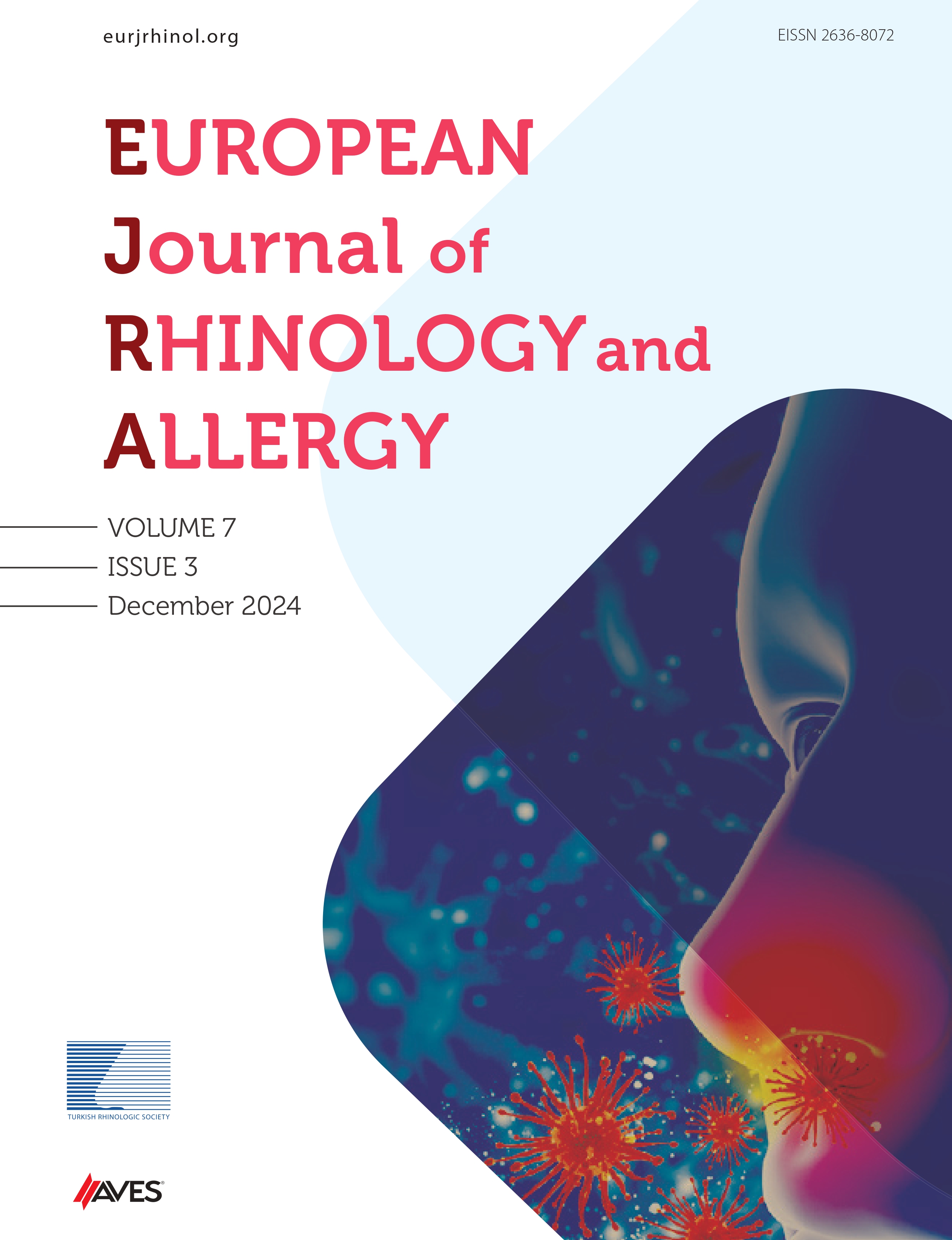Objective: Allergic rhinitis and asthma share an immunoglobulin E-mediated inflammatory reaction following exposure to the causal allergen. Asthma control is associated with rhinitis control. Glycyrrhetic acid is extracted from the licorice and has an anti-inflammatory property. Mannitol is an anti-edema molecule. A medical device contains these components. This study evaluated the medical device efficacy on symptoms and asthma control in children with allergic rhinitis and mild controlled asthma.
Methods: The children took 2 puffs of the medical device for each nostril twice a day for 4 weeks. Symptom severity was evaluated considering the total symptom score and nasal obstruction. Symptom perception was assessed by children and doctors using the visual analog scale. Asthma severity and control were also evaluated. Parents judged the efficacy.
Results: The study included 38 children: 18 (47.4%) females and 20 (52.6%) males; the mean age was 10.2 (±2.15) years. The treatment significantly reduced the severity of all symptoms, including nasal obstruction (P < .001). Both children and doctors perceived a reduction of symptom intensity (P < .001). Parents judged the treatment as effective. Asthma remained mild and controlled.
Conclusions: This pilot study, conducted in clinical practice, showed that intranasal glycyrrhetic acid plus mannitol could reduce nasal symptoms, including obstruction, and maintain asthma control. Therefore, this multicomponent medical device could represent a potential option in children with allergic rhinitis and mild controlled asthma.
Cite this article as: Tosca MA, Olcese R, Salmaso C, Damiani V, Ciprandi G. Glycyrrhetic acid exerts positive effects on nasal symptoms and asthma control in allergic children. Eur J Rhinol Allergy 2022;5(3):73-76.

.png)

.png)